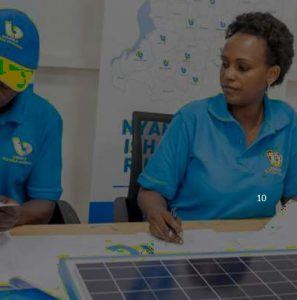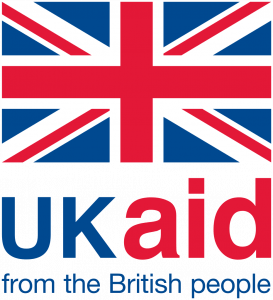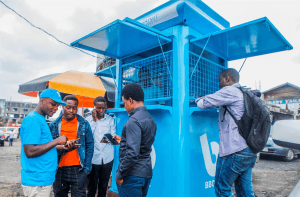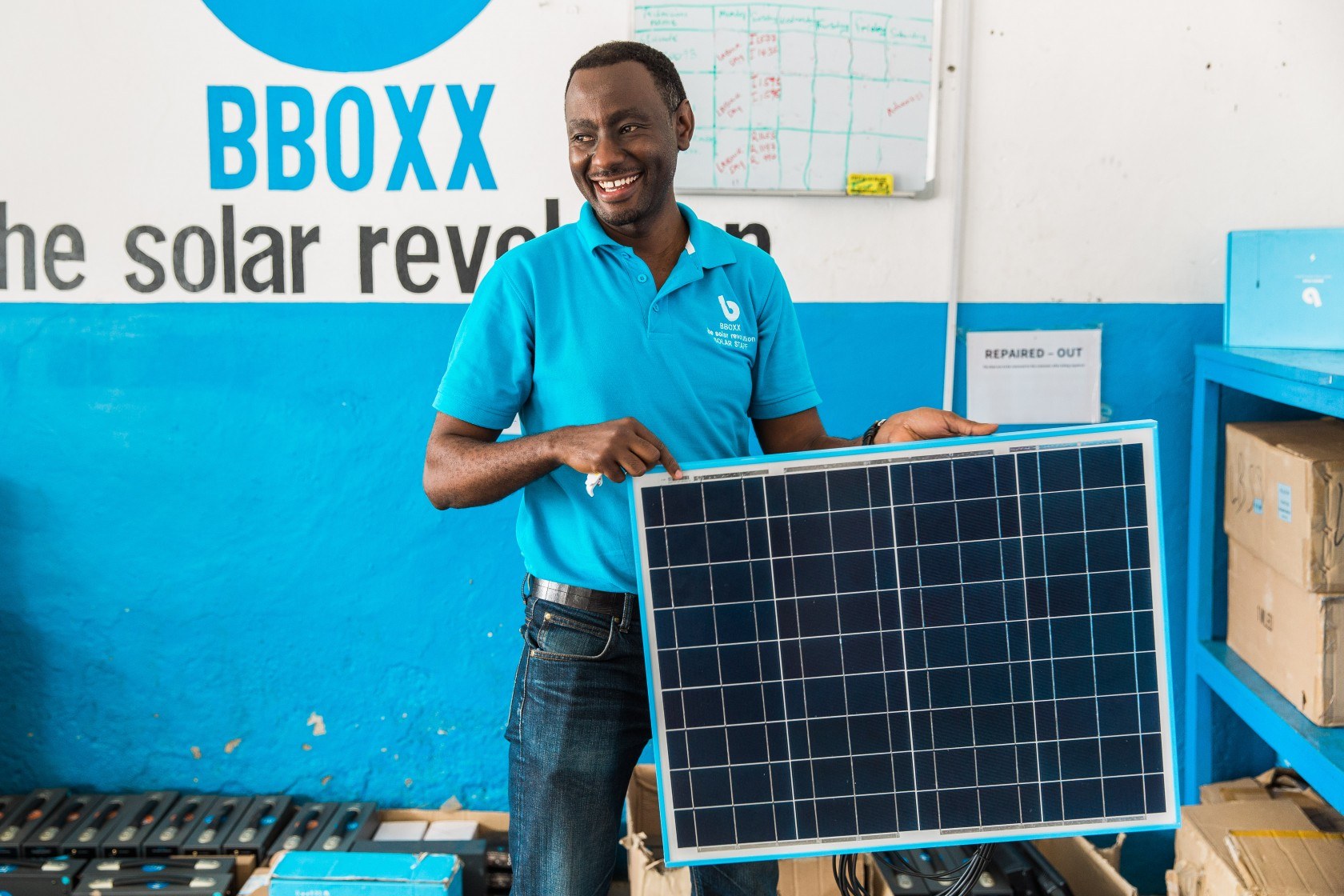As part of the SF support offering to social enterprises and institutions, we fund innovative marketing activity that has the potential to deliver business results and be rolled out across the wider sector.
In 2019 we co-funded two projects with Bboxx, a UK-headquartered solar utility, testing a new application of WiFi technology in the DRC and developing a new tech platform to reach Rwandan diaspora and help them pay for energy for their friends and family at home.
Leveraging the diaspora to help electrify Rwanda
In 2017 cash remittances to Africa overtook foreign direct investment and foreign aid levels at almost $70bn. Channelled towards improving people’s lives in positive way, these remittances can improve the lives of residents of the home country and boost those countries’ economies.
We supported Bboxx to develop a remittance platform with no transfer fees (a major barrier to further activity) that allowed Rwandan diaspora to pay for solar home systems directly instead of sending cash transfers.

In this project summary document, Bboxx outline the process involved in building a minimum viable product (MVP), the project plan, including the coordination between operations and marketing teams, and early conclusions on the platform, the communications and a special focus on social media.
“I received a call that someone paid for me to have a solar system to light my home. I told the person that he had called a wrong number as I was not expecting such good news. After explaining that someone (I was even not able to recognise the name) paid for me, I was very happy and surprised.”
Bboxx ePay Beneficiary, Rwanda refugee camp
Download the full report (1MB)
Setting up wi-fi hotspots to boost sales in the Democratic Republic of Congo (DRC)

With co-funding from the UK government, we supported Bboxx to enter the frontier market of the DRC in 2018 with positive early results.
In response to declining sales and increased competition, Bboxx designed a pilot to test whether the provision of free WiFi to potential customers in Goma could drive uptake in sales. The hypothesis was that the WiFi would result in increased footfall at points of sale and increased interaction with Bboxx sales agents which would then lead to increase lead generation and closed sales.

Over a three-month period Bboxx implemented the pilot at 15 randomly chosen kiosks in Goma, providing free internet to potential Bboxx customers. Data from these kiosks was compared against data from kiosks without access to internet.
The project summary outlines eight key lessons from the pilot data:
- For free WiFi to translate directly to sales, targets for both services should intersect
- Locations where target customers are likely to frequent and spend time should be prioritised for hotspot placement
- Keep the customer’s experience at the heart of product and process design
- Consider the experience of the sales agents in process design
- Social media marketing is the most cost-effective means to reaching potential customers
- Gain access and use staff networks by involving staff in the marketing effort
- Choose the right technology and partner after exploring multiple options
- Prepare and document technology contingency plans for multiple scenarios
Download the full report (2MB)

